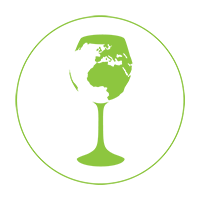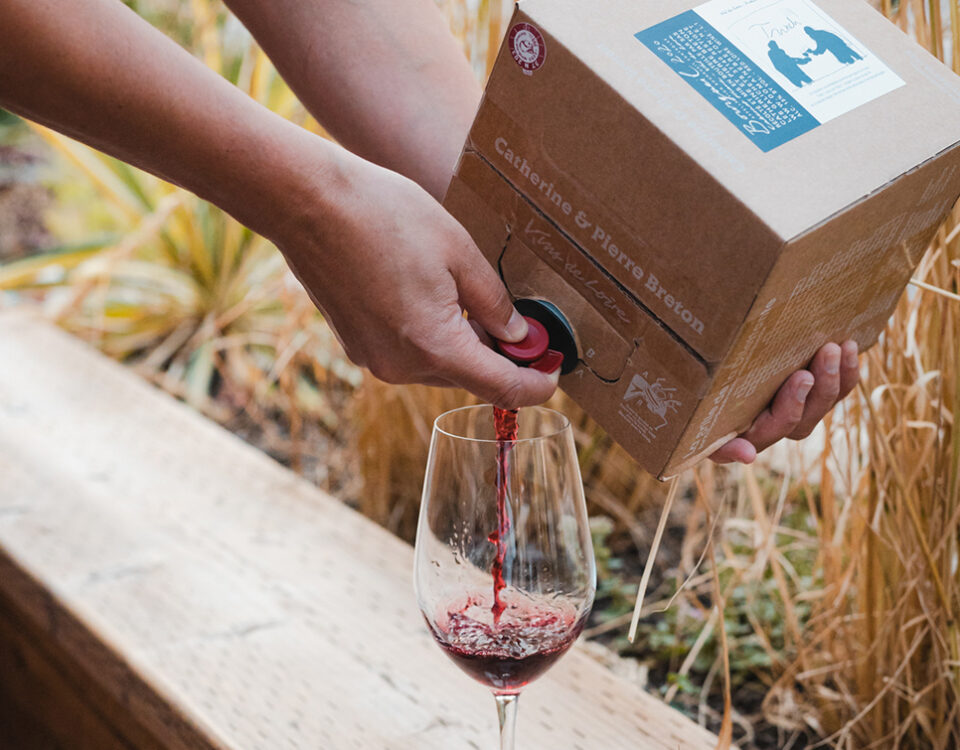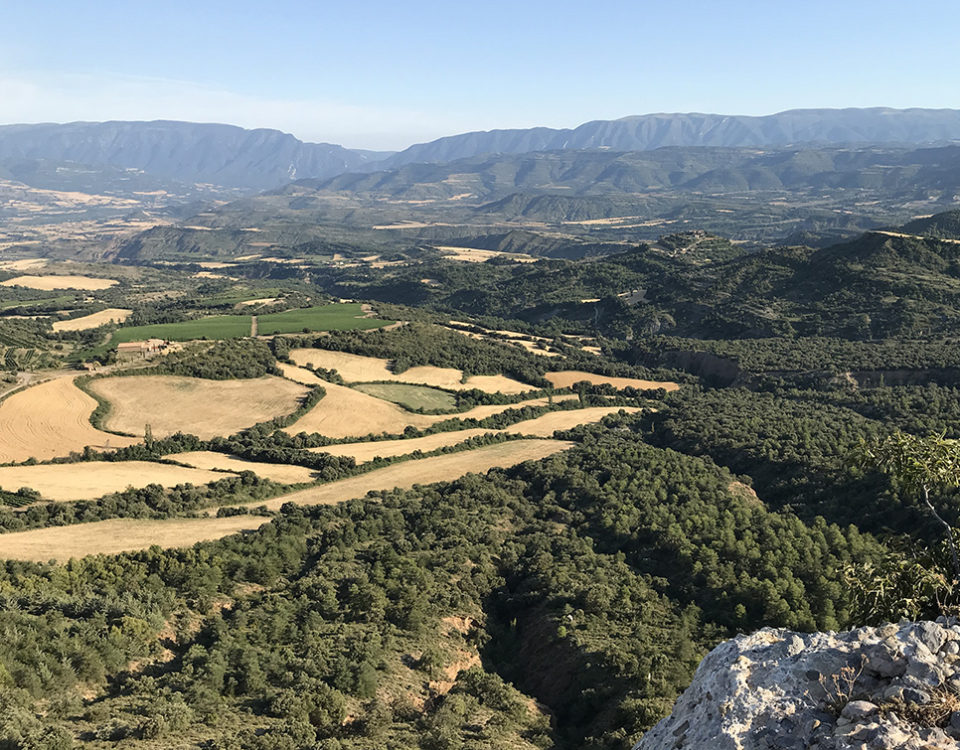Celebrating the arrival of summer
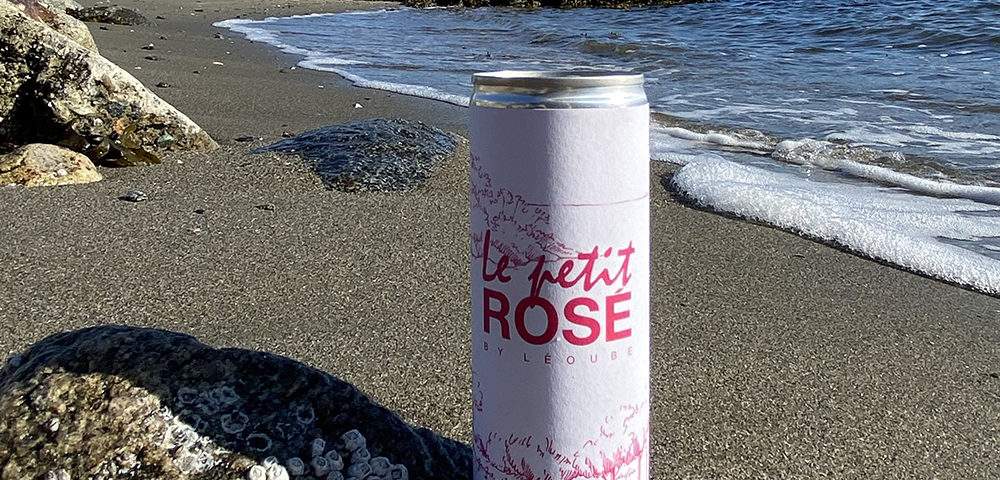
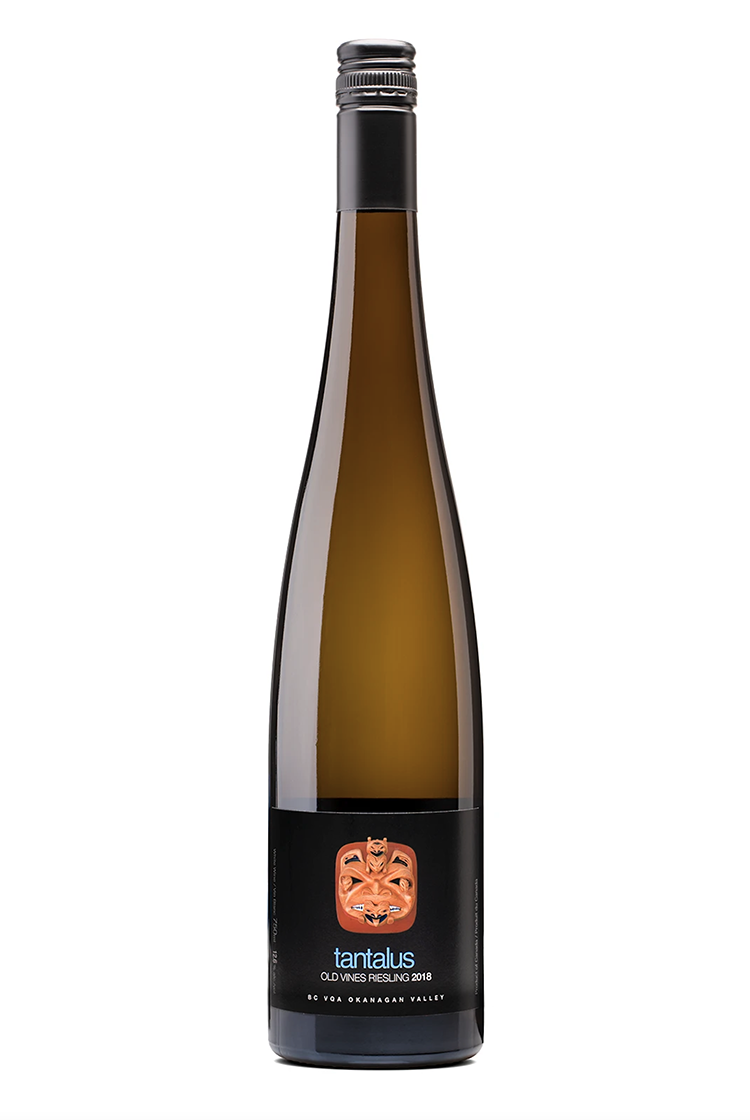
Tantalus Old Vines Riesling 2018, BC VQA Okanagan Valley
Made from vines planted in 1978, the Old Vines Riesling always display lots of energy and tension. But this is perhaps the best vintage I’ve had from this cuvée. Great concentration of flavours with generous notes of stone fruit, grapefruit zest and lime with subtle kerosene notes. Hard to resist but if you can, put a few bottles in your cellar. This will be shining even more in 5-7 years from now.
Sustainability is at the heart of Tantalus’ philosophy. They have been heavily involved in the inception of the Sustainable Winegrowing BC (SWBC) program and they will be one of the first wineries in the Okanagan Valley to receive the certification. The list of steps they take to be sustainable for generations to come is admirable. Here are a few commendable actions:
o Completed in 2010, their winery was the first one in British Columbia to receive LEED (Leadership in Environmental and Energy Design) Certified winery.
o Their wastewater treatment system allows them to be completely non-reliant on municipal or private waste disposal provider.
o Vineyard ecosystem biodiversity encouraged through the preservation of a 10-acre natural, dry land forest in the center of the vineyard.
o Regenerative viticulture.
o No uses of herbicides or pesticides.
o Salmon-Safe Certified farm.
To get acquainted with all their sustainable commitments, visit their website.
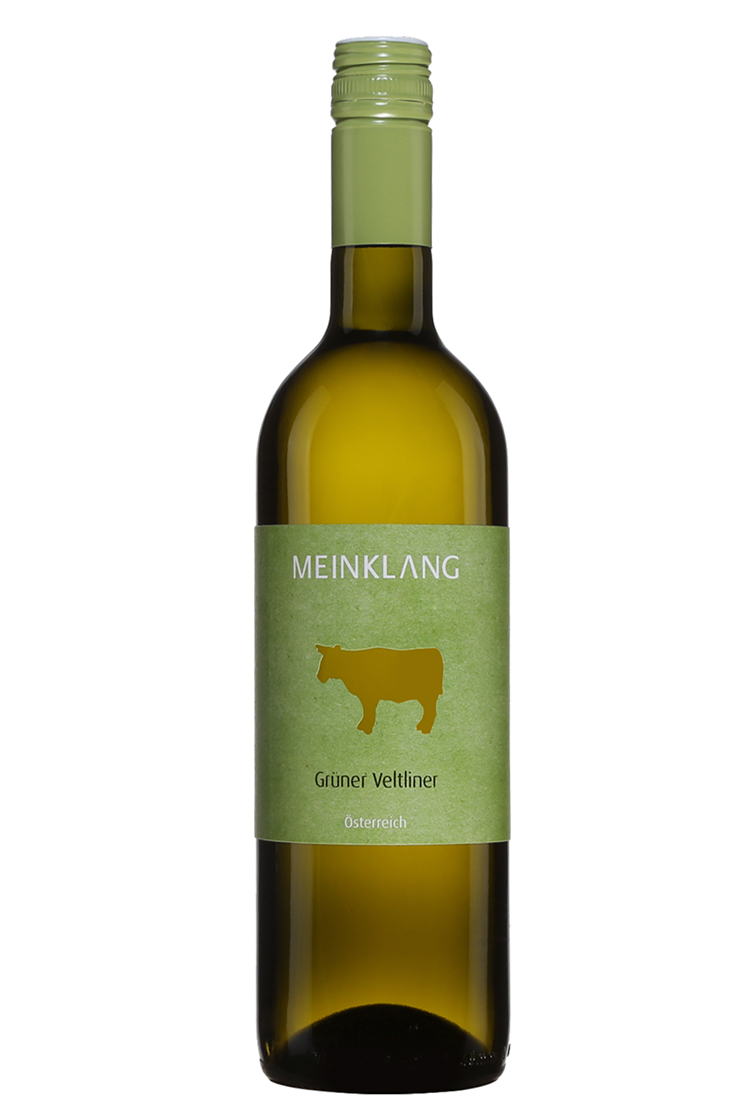
Meinklang Grüner Veltliner, Burgenland, Austria
Light, fresh and juicy with thirst quenching notes of citrus and stone fruit and a hint of pepper. The 11% abv makes it dangerously easy to drink. Perfect for (take out the) apéro or asparagus salad.
The Meinklang vineyards in Austria are run by a couple—Werner and Angela—and their family, and the name of their winery really says it all. Together, the words "mein," which means "my," and "klang," meaning "sound," reflect the family's philosophy of cultivating a harmonious environment.
In addition to grape vines, Angela and Werner grow many different grains, fruits, herbs and vegetables, and cares for a local herd of Angus cows (you'll even see a big ole cow depicted on many of Meinklang's wine labels!). Together, these different facets of wildlife act as one self-sustaining system. Cover crops, grasses, and wild herbs give life to a diversity of organisms in the soil, promoting healthy vine growth. Plus, animal manure and compost produced by the farm further enrich the soil. The result is in the bottle with highly interesting wines that speak to a lively and naturally functioning ecosystem.

Château Léoube “Le Petit Rosé” (250ml) Côtes de Provence AOC
Château Léoube recently introduced “Le Petit Rosé” in 250ml cans and were the very first Côtes de Provence AOC canned rosé to be certified organic! This pale, refreshing rosé is a blend of Grenache and Cinsault and has lively flavours of white peach, pomelo, wild strawberries and minerality one would expect from the best examples from the region.
It is exciting to see more quality focused producers choosing alternative packaging for their wines. With most wines being consumed hours after purchase, aluminium cans are a convenient planet-friendly vessel for ready to drink wine styles to enjoy wine on-the-go!
Especially coming from overseas, cans significantly reduce the carbon footprint associated with transport. They are also easily recyclable, keep wine super fresh and don’t easily break. Let’s embrace innovation and change our perception of wine quality being associated with heavy bottles and cork closures.
